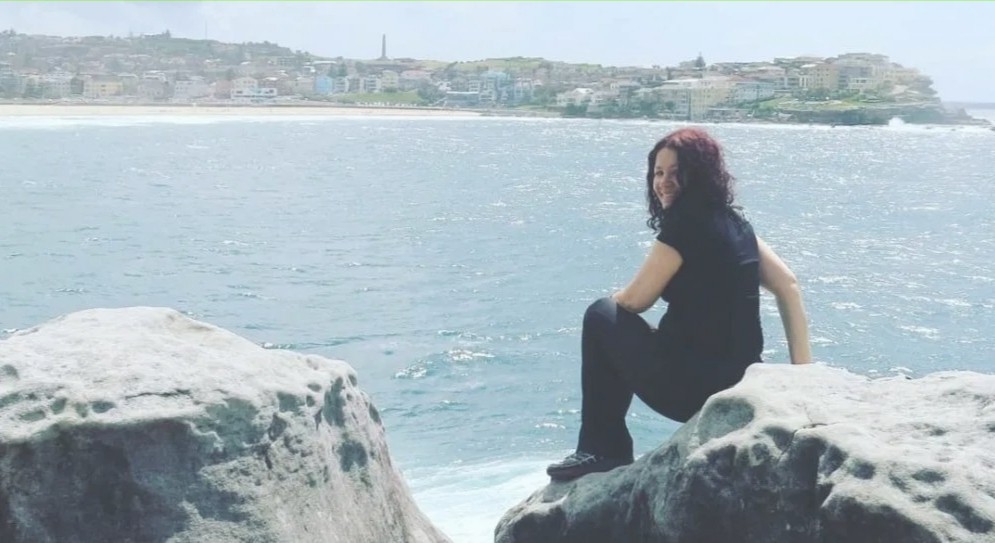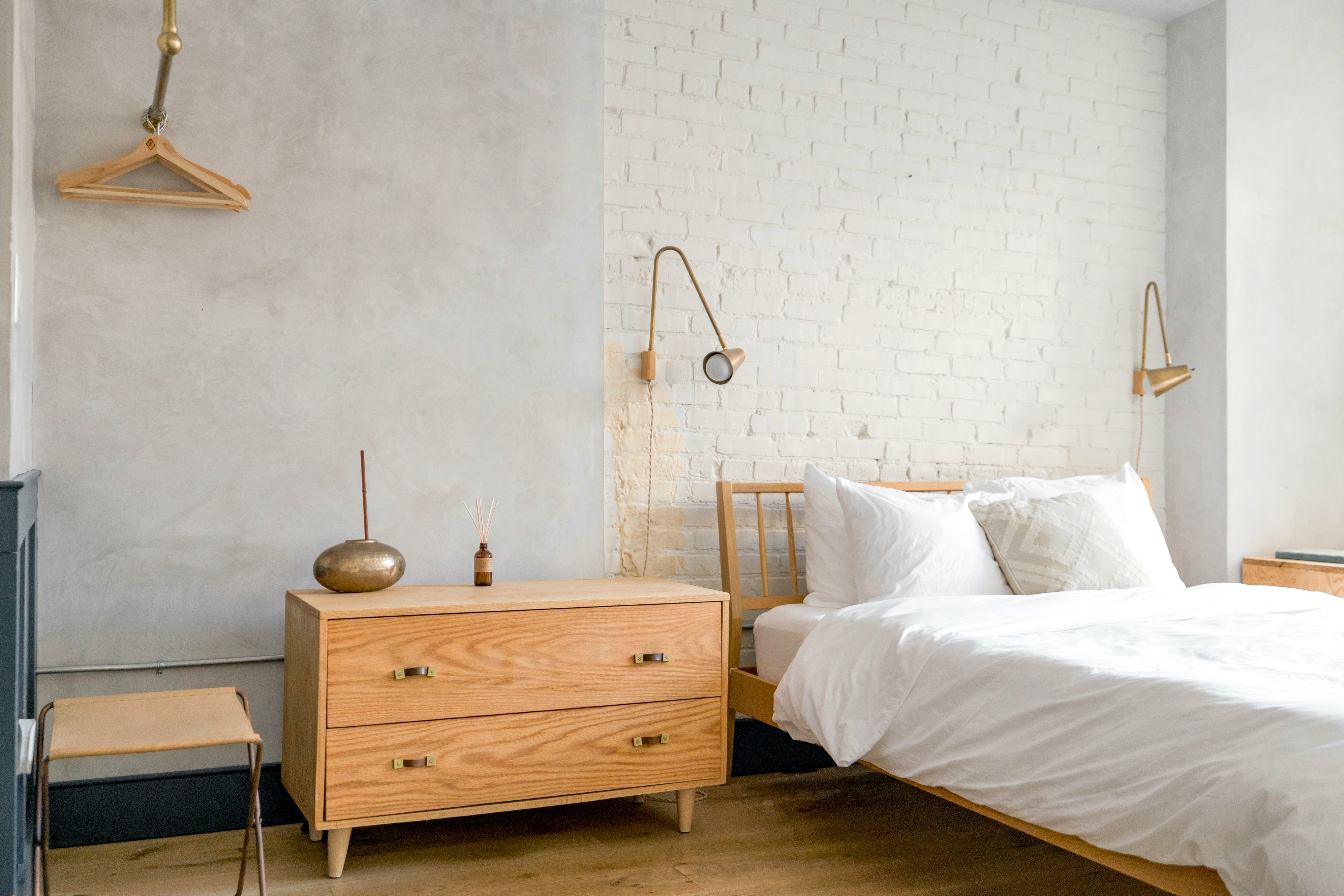
In a world saturated with consumerism and materialistic pursuits, the minimalist lifestyle trend has emerged as a breath of fresh air. Minimalism encourages individuals to declutter their physical and mental spaces, fostering a more intentional and purposeful existence. With a focus on reducing material possessions, practicing mindful consumption, and cherishing experiences over material goods, minimalism offers a path to finding true contentment and fulfillment. In this article, we delve into the essence of minimalism and explore its transformative power in shaping a more meaningful life.
Understanding Minimalism
Minimalism is a lifestyle philosophy that advocates for living with less, both in terms of physical possessions and mental clutter. It involves streamlining one’s life by eliminating excess and embracing simplicity. The core principle of minimalism is to focus on what truly matters and to let go of the superfluous. By doing so, individuals create space for what brings them joy, purpose, and fulfillment.
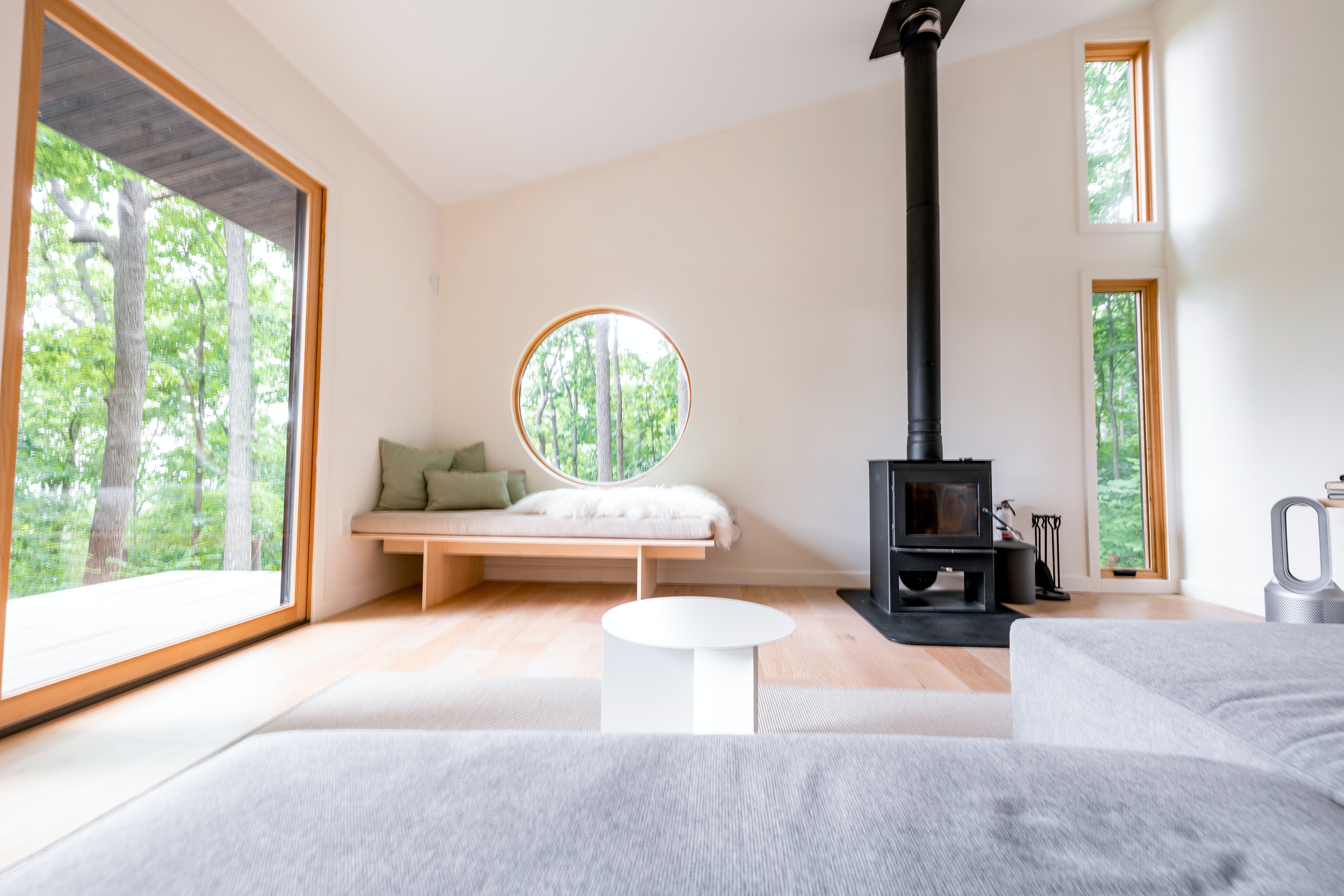
Decluttering the Physical Space
At the heart of minimalism lies the act of decluttering. Minimalists believe that a cluttered physical environment can lead to a cluttered mind, hindering productivity and peace of mind. By intentionally reducing material possessions, individuals can create a harmonious living space that promotes clarity and tranquility. Minimalists adopt various strategies, such as the KonMari method, to sort through their belongings and retain only those items that hold value and serve a purpose.
The Benefits of Mindful Consumption
Minimalism places a strong emphasis on mindful consumption. Rather than mindlessly accumulating possessions, minimalists carefully consider their purchases, opting for quality over quantity. They prioritize functionality and longevity, choosing items that align with their values and serve a genuine purpose. Mindful consumption not only reduces waste and environmental impact but also fosters a sense of gratitude and appreciation for the things one already possesses.
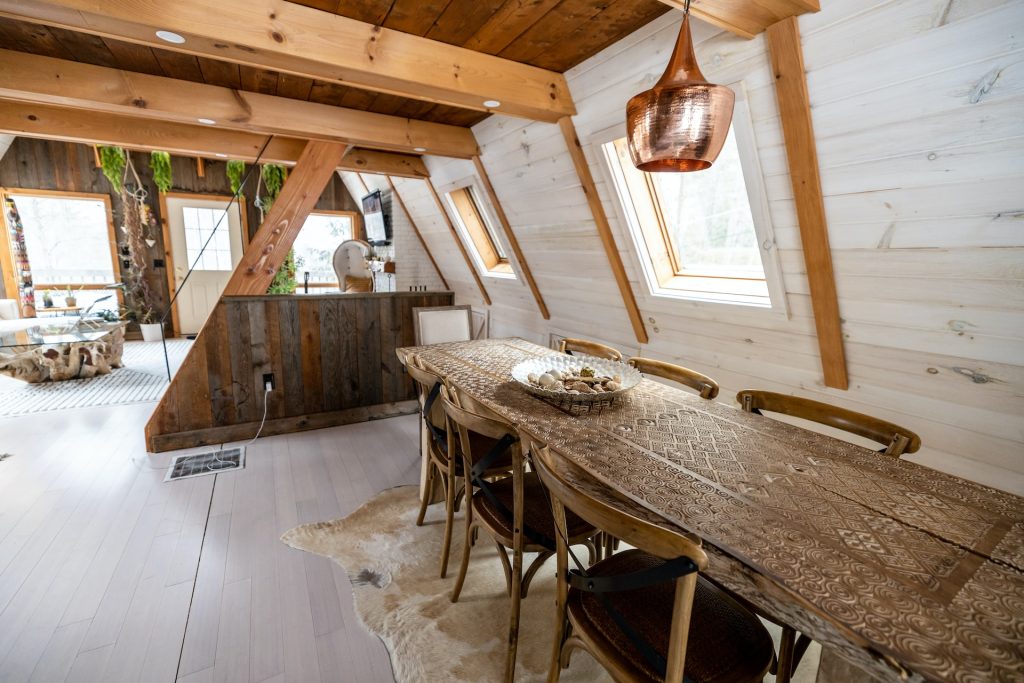
Prioritizing Experiences over Material Goods
In the pursuit of a minimalist lifestyle, experiences take precedence over material goods. Minimalists understand that true happiness and fulfillment are not derived from accumulating possessions but from creating memorable moments and forging meaningful connections. By redirecting their focus towards experiences, individuals can invest their time, energy, and resources in activities that bring them joy, personal growth, and a sense of purpose. Whether it’s traveling, pursuing hobbies, or spending quality time with loved ones, minimalists cherish the intangible aspects of life that leave a lasting impact.
The Psychological Impact of Minimalism
Minimalism extends beyond physical possessions; it has profound psychological benefits as well. By shedding the excess and simplifying their lives, minimalists experience reduced stress and overwhelm. The process of decluttering helps individuals let go of attachments to material possessions, freeing them from the burden of constantly striving for more. Minimalism encourages self-reflection, self-discovery, and a deeper understanding of one’s values and priorities. With fewer distractions, individuals can cultivate a greater sense of mindfulness and mental clarity, leading to increased focus and productivity.
Minimalism and Sustainability
The principles of minimalism align closely with the growing movement towards sustainability. By embracing a minimalist lifestyle, individuals consume fewer resources, reduce waste, and make more conscious choices. Minimalism promotes the use of eco-friendly and ethically sourced products, fostering a more sustainable and responsible approach to living. Through minimalism, individuals contribute to a healthier planet and pave the way for future generations to thrive.
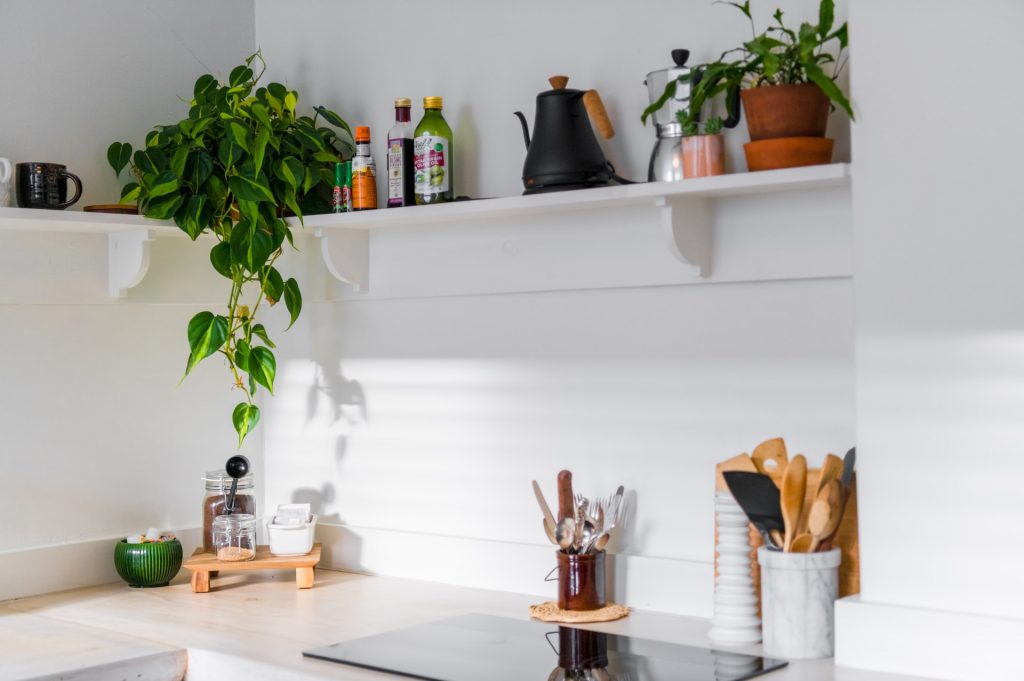
Incorporating Minimalism into Daily Life
Embracing minimalism does not require an overnight transformation. It is a journey that unfolds gradually, with small steps leading to significant change. Here are a few practical ways to incorporate minimalism into daily life:
Start decluttering: Begin by decluttering one area of your living space at a time. Sort through your belongings and let go of items that no longer serve you.
Adopt mindful consumption habits: Before making a purchase, ask yourself if the item is essential or if it aligns with your values. Avoid impulsive buying and prioritize quality over quantity.
Embrace digital minimalism: Reduce digital clutter by organizing and decluttering your digital devices. Unsubscribe from unnecessary newsletters and limit your time spent on social media.
Focus on experiences: Seek opportunities to create meaningful experiences. Engage in activities that bring you joy, foster personal growth, and strengthen your connections with others.
Practice gratitude: Cultivate a sense of gratitude for the things you already have. Appreciate the simple pleasures of life and find contentment in the present moment.
Minimalism is more than just a passing trend; it is a powerful lifestyle philosophy that encourages individuals to live with intention and purpose. By decluttering their physical and mental spaces, adopting mindful consumption habits, and prioritizing experiences over material goods, minimalists embrace a simpler, more fulfilling life. Through minimalism, individuals find the freedom to focus on what truly matters, cultivate mindfulness, and contribute to a more sustainable and meaningful existence. So, take a step back, simplify your life, and embark on a journey towards a more purposeful and contented self.

